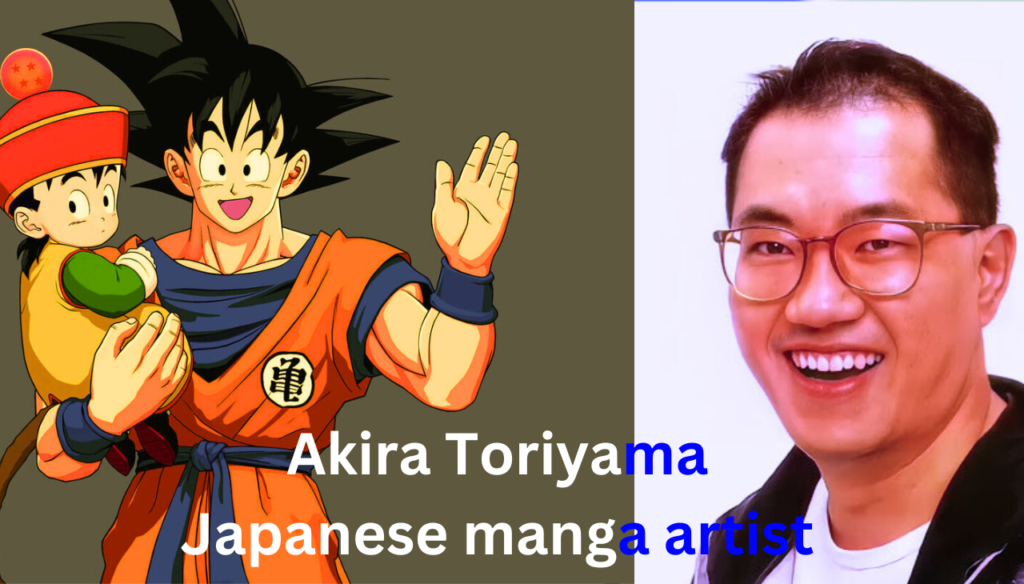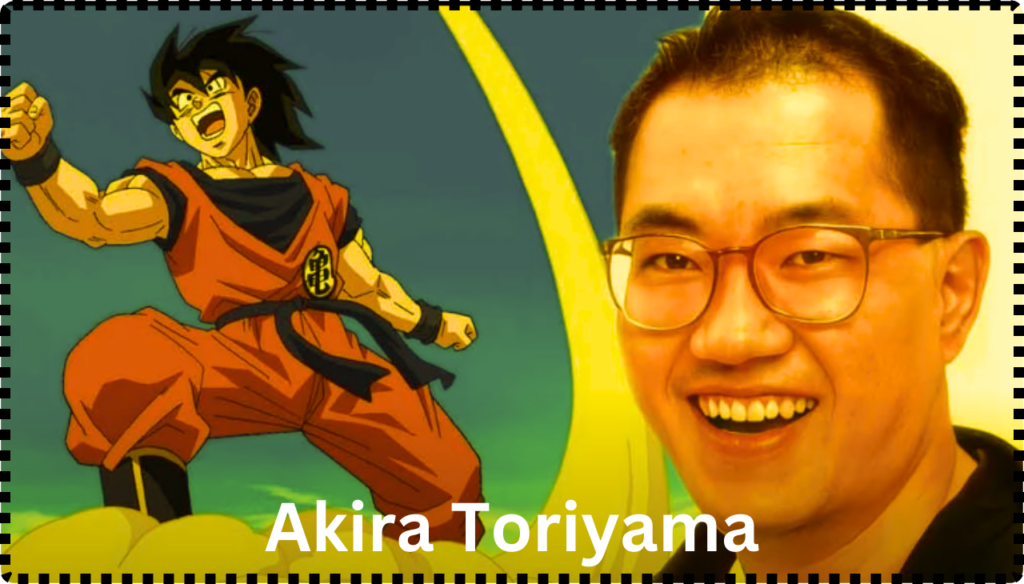Known for his manga books, Akira Toriyama, a major brain hemorrhage on March 1st caused the famous Japanese author to pass away. Toriyama encouraged “Dragon Ball” to go worldwide and helped create its image in the 1980s.
The official “Dragon Ball” website expressed its sympathies on Thursday night after learning of Toriyama’s passing and noted that many of his works are still being actively created. According to a statement from Bird Studio, “Much more awaited him,” they continued, admonishing that the translation was done by a machine. He leaves behind a diverse array of manga titles and innovative works. His global fan base has been supporting him for more over 45 years, which has enabled him to pursue his artistic goals. We wish everyone many more years of happiness in this unique cosmos.

Because of the popularity of the “Dr. Slump” series, Toriyama was able to ride the wave of success in the manga world in the late 1970s. He oversaw two further anime adaptions after winning the Shogakukan Manga Award in 1981. “Dragon Boy,” a one-shot that was influenced by Kung Fu movies, was released prior to “Dragon Ball,” but it didn’t exactly win over fans the way its sequel did. And speaking of which, from its 1984 debut as a serialized jewel and subsequent global acclaim, “Dragon Ball” has established itself as one of the most iconic manga series of all time. Because of the enormous popularity of its multiple anime adaptations in Western regions, its appeal is undeniable on a global scale.
As a professional, Toriyama did more than just “Dragon Ball.” Specifically, this came about following the 1990s, when he had a small creative influence in the brand. Toriyama rarely had direct interaction with the public while working as an artist; instead, he rarely made an appearance. He has also designed characters for popular video game franchises like “Chrono Trigger” and “Dragon Quest,” in addition to countless one-shot manga runs.
In the 2010s, Toriyama was able to return to the “Dragon Ball” brand after becoming recognized for penning the screenplay for “Dragon Ball Z: Battle of Gods,” the first full-length adaptation of the series in almost two decades. All throughout the current cycle of motion picture production—the most recent of which was “Dragon Ball”—he remained involved with the franchise.



